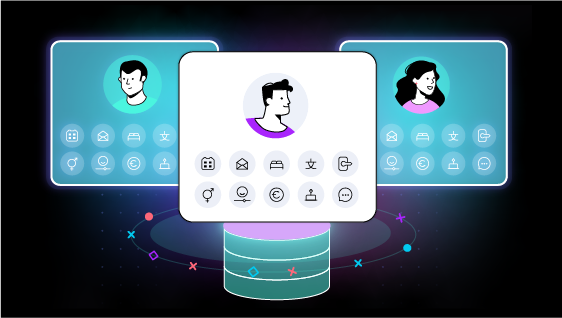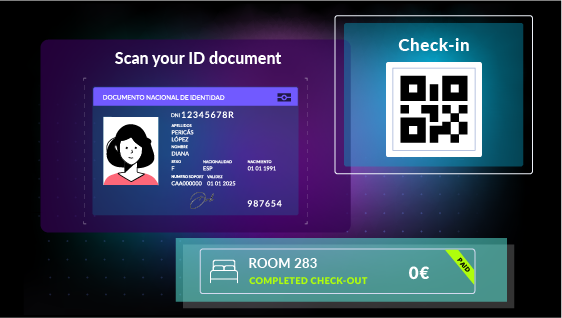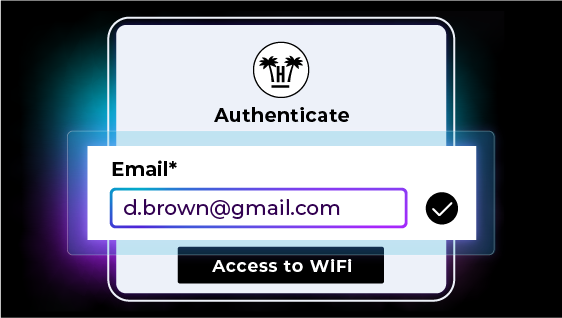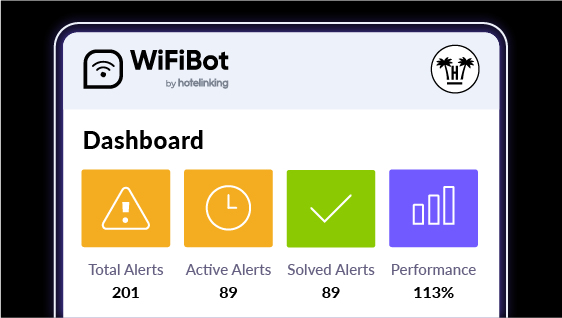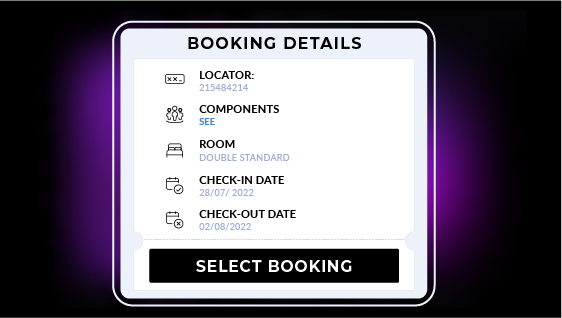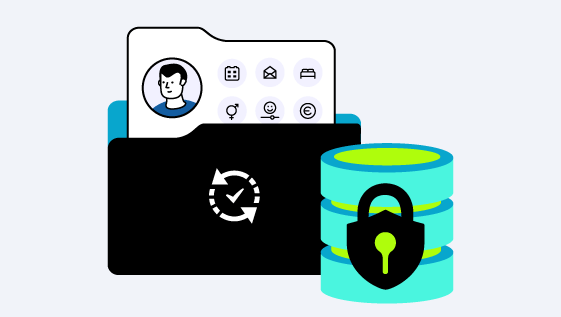
What methods can a hotel use to capture guest data?
Capturing guest data is the strategy which best enables your hotel to get to know the target group and improve your services by adapting them to suit guest preferences.
There are many methods for capturing guest data, both with their advantages and disadvantages. With the significant technological advances that have taken place within the tourism sector, opting for technology tools for data capture is a very useful method.
Manual data capture upon check-in or check-out
In this day in age, there are not many modern establishments that continue to solely employ manual data capture methods to gather information about their guests, as they rely on their PMS. However, direct contact with guests is maintained, both during the check-in and check-out process.
For example, this can be done by carrying out surveys about the personal preferences of each guest at the start of their stay, or satisfaction surveys when they leave.
Although this enables you to contact your guest directly, you are requesting their personal and contact information at a sensitive time. During check-in, your guests are eager to get to their rooms and upon check-out, they are thinking about getting a taxi or catching a bus to take them straight to the airport. Your guest will feel stressed when they are required to respond and will prefer to dismiss this option.
On the other hand, gathering guest data on paper requires consequent transfer to the PMS, which ultimately implies time spent by your staff. Additionally, upon transferring the data from a physical to a digital format, the parameters may not be recorded correctly, resulting in data being recorded prior to being reviewed.
Data capture during the booking process
Establishments with their own booking engine can capture data from the basic booking information (verified email address, nationality, age, language, gender, GDPR status) without any issues. However, some booking engines do not have the parameters required to acquire more information regarding companions.
Your hotel will be able to find out how many accompanying adults and/or children form part of each booking; however, you do not have access to their information. This information is valuable and taking advantage of it in order to continue to improve the quality of your services is recommended.
Establishments that do not have their own booking engine receive bookings via commissioned channels (Booking.com, Tripdvisor.com, Expedia.com, etc.). Although these third-party channels facilitate a more effective reach to the target group, the information your establishment will receive is limited: booking channel, room type, board type, number of adults and children, extra costs, etc.
Despite being useful, this information cannot be used for marketing purposes, due to the absence of basic booking information, which is normally captured by commissioned channels.
Data capture via email marketing
Email marketing campaigns are, without a doubt, one of the most effective methods for building a strong relationship between guests and the hotel brand. Access to guest data facilitates the launch of more effective automated campaigns, as this enables personalised email adaptation, in accordance with the preferences of each segment of the target group.
Sending emails to “nurture” the guest work not only to obtain feedback following their stay, by way of satisfaction surveys, but also prior to their arrival at the hotel, as is the case in pre-check-in processes.
However, it is essential to ensure that this contact with the guest is both targeted and appropriate. If a guest provides you with their data, this means that they trust you to make good use of them. In other words, the abusive sending of emails may annoy the customer, or receiving questions regarding their personal preferences may, in some cases, be considered invasive.
Recording data on Social Media
Social networks and reputation management portals are, without a doubt, two means of gathering genuine guest opinions. Upon sharing their satisfaction – or dissatisfaction – by way of the different online portals within which your brand is featured, guests want you to know their thoughts, in addition to sharing their experience with other customers.
As occasionally these opinions are based on their own personal experiences, for example, if they have chosen your hotel to enjoy their honeymoon, or perhaps for their first family holiday, this is an interesting approach towards the profiles of your target group.
The disadvantage of this method is that you cannot be sure that these opinions can be related to basic booking information. Some people will share their opinion anonymously, whereas other will share their opinion based on their own experience, without wanting to go into detail regarding their preferences.
Thus, the information obtained via social media and reputation management portals is very practical, but it does not, however, ensure that quality data is obtained, nor that it can be verified with the guest’s personal data.
Automatic data capture via WiFi
Thanks to technological advances in the hotel sector, technology facilitates internal hotel management processes, including customer data capture.
One of the more efficient options is automatic data capture via WiFi. That is to stay, installing a software that gathers data from each guest, when connecting to the WiFi network installed in the establishment. This enables the hotel to capture guest data upon arrival at the hotel, during their stay and when leaving the establishment.
These data include common characteristics of the booking, but also facilitates the recording of guest interactions with the hotel, mobile phone usage and which model they use, additional services requested, etc. This is all carried out using a system that complies with the GDPR and consequently, respects guest privacy.
Data capture via WiFi therefore facilitates quality, verified data capture, in compliance with the GDPR and which enhance the current guest information.
This information may be further enriched upon implementation of the PMS data in order to ensure more accurate client profiles, which facilitate a greater understanding of the target audience. At the same time, this facilitates a more accurate segmentation when it comes to marketing campaigns and, ultimately, improves loyalty and direct sales ratios.
